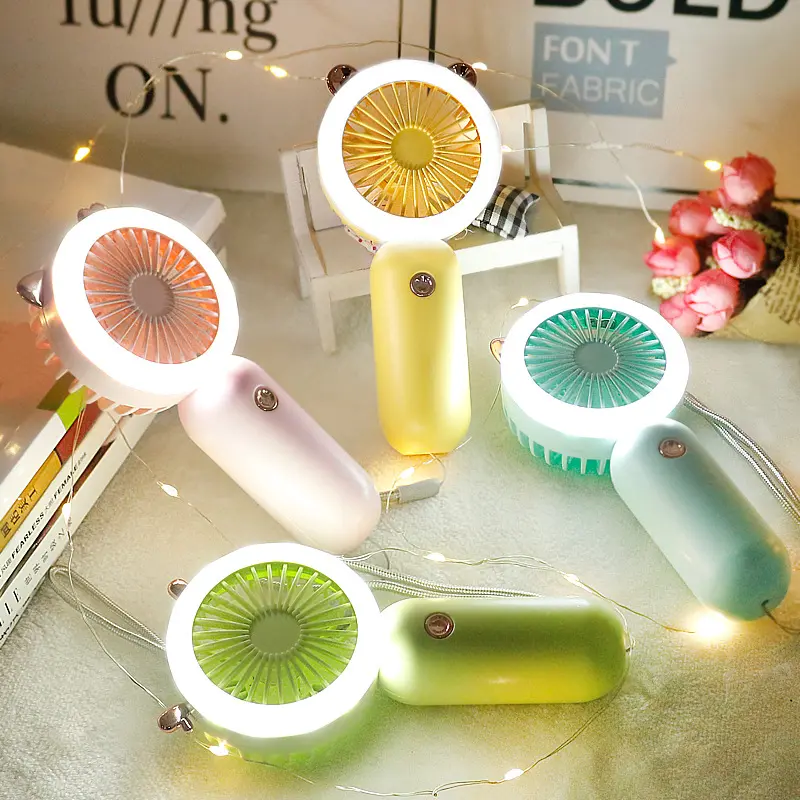
FCC Certification Fees for Handheld Fans
FCC certification is mainly divided into two modes: fcc sdoc (Supplier's Declaration of Conformity) and fcc id (Certification). The applicable situations for handheld fans are as follows:
FCC sdoc
If your handheld fan does not have wireless communication features and is a standard electronic product, it needs to undergo fcc sdoc certification. This certification follows the fcc part 15 B standard, primarily testing electromagnetic interference to ensure the product does not cause harmfUL interference to nearby radio devices.
For example, a basic handheld fan without features like remote control or Bluetooth would be suitable for this certification.

FCC ID
When a handheld fan has wireless features, such as Bluetooth, Wi-Fi control, or infraRED remote control, it must undergo fcc part 15 c certification and apply for an FCC ID.
A handheld fan with Bluetooth functionality, for instance, emits wireless signals during use and requires stricter testing and certification to ensure its wireless transmission does not interfere with other licensed radio services.
FCC Certification Cycle and Fees
Certification Cycle
- FCC SDoC certification: Generally takes around 5 to 7 business days.
- fcc id certification: Due to the more complex testing and review process, the cycle typically lasts 2 to 3 weeks.
If the product fails the testing and requires modifications, the certification cycle will be extended accordingly.
Certification Fees
- The fees vary depending on the product type, features, testing items, and other factors:
- FCC SDoC certification: Costs are generally around $780.
- FCC ID certification: For products with wireless functionality, the fees could range from $1400 to $2000.
Email:hello@jjrlab.com
Write your message here and send it to us
 IEC 60529 IP Rating Ingress Protection Standard
IEC 60529 IP Rating Ingress Protection Standard
 IEC 60601-1 Medical Electrical Equipment Basic Saf
IEC 60601-1 Medical Electrical Equipment Basic Saf
 European Authorized Representative Medical Devices
European Authorized Representative Medical Devices
 EU Waste Electrical and Electronic Equipment Direc
EU Waste Electrical and Electronic Equipment Direc
 How to Get CE Approval
How to Get CE Approval
 Accelerated Ageing Test
Accelerated Ageing Test
 IP Ingress Protection Testing
IP Ingress Protection Testing
 How Does a Product Get an Energy Star Label
How Does a Product Get an Energy Star Label
Leave us a message
24-hour online customer service at any time to respond, so that you worry!




